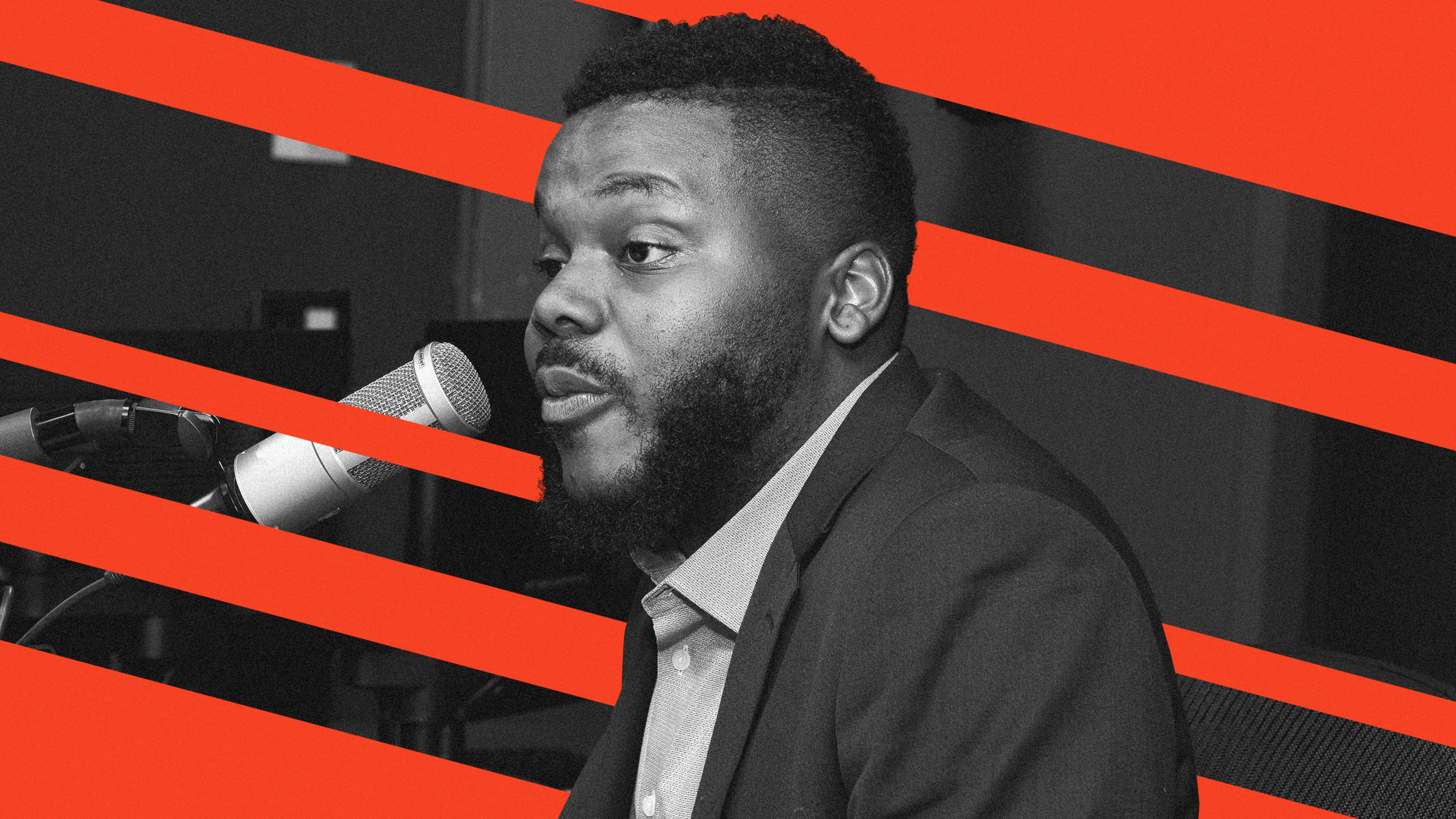Michael Tubbs, the mayor of Stockton, California, first learned of the concept of guaranteed income when he read Dr. Martin Luther King’s 1967 book, Where Do We Go From Here: Chaos or Community? while in college at Stanford. “It was interesting to me as someone who grew up in church, a student of Dr. King, I thought it was interesting that I’ve never heard this part of his legacy. Even when I studied the Poor People’s Campaign. He devoted pages to it in his book. And he gave a speech at Stanford about it. What happened to this? I was a college freshman or sophomore, and I remember saying that it’d be cool one day to at least be part of the conversation about where do we go from here? What happened to this idea? Let’s test it. I had no idea that just seven years later I would actually be testing it.”
After Tubbs was elected mayor in 2016 (at age 22), he told his team, “I truly believe that poverty and lack is the source of all the issues we’re fighting. We keep treating the symptoms, but not the root cause, not the structural cause. I told them, ‘Go and find me a radical policy intervention.'” When they proposed basic income—a no-strings-attached cash payment made to citizens—Tubbs embraced it.
The Stockton Economic Empowerment Demonstration (SEED), which started in February 2019, is an 18-month pilot where 125 residents from all parts of the 310,000-person city receive $500 a month, with help from Facebook cofounder Chris Hughes’s Economic Security Project. “It has to be reflective of everyone,” Tubbs says, explaining why the program includes a wide array of people from the community, not merely the city’s most needy. “We wanted to illustrate that there are people who are working in ‘good jobs’ who are still struggling. Teachers, small-business owners, et cetera. [It’s not] ‘Oh wow, these people who are poor need so much help.’ It’s like, no, we all need help. It’s not the individual, it’s the macro. The underlying structure of wages and increases, of costs going up, of a lack of a real social safety net.” The initial results have been incredibly promising: As Fast Company reported earlier in October: “Around 40% of purchases, tracked on debit cards given to participants, are on food. Another 25% include purchases of home goods, clothes, and at discount stores. Around 12% is spent on utilities.”
The project is the fruit of many formative experiences in Tubbs’s life. It started with growing up in Stockton, “kind of being born in poverty and seeing nothing like the caricatures that are conjured up when people think of the working class or people in poverty,” he says. “I saw my mother work all the time, including weekends and overtime. I watched how my mom and grandmother banded together, and we borrow money from each other to make sure that the necessities were met, even though it was difficult. I watched the folks in my neighborhood just work incredibly hard, and no one was lazy. I don’t recall one conversation about government as being a provider or as a force for good in our life. It was almost as if folks lived as if government was something that was there but wasn’t something that was really a force for good or something that was helping. I remember seeing just how stressed and anxious people were.”
But Tubbs’s support for experimenting with UBI was rooted not just in his upbringing in South Stockton or in the writings of Dr. King but a deeper sense of both history and possibility. “I wanted to make sure we talked about it as not something Mark Zuckerberg came up with, but something that started with Thomas Paine and has deep roots in the civil rights movement with Dr. King and the Black Panthers and really starting the discussion there,” he says. UBI, as projected by the person who is arguably its most visible evangelist at the moment, Democratic presidential candidate Andrew Yang, is framed in the context of a dystopian future. It’s designed to try to ameliorate a world in Yang’s vision dominated by artificial intelligence and automation (and requires you to give up government benefits). Tubbs, by contrast, sees an opportunity to center a UBI conversation “in a present that’s not working for far too many people.”
Six months into SEED, Tubbs is moved by the feedback. “What we’re hearing over and over in the interviews and the conversations with people is this idea that they can breathe now,” Tubbs says. “Economic anxiety is suffocating for people. Something as small as $500 a month gives people the chance to do something that they have to do, like breathe, plan, enjoy, smile. That’s a blessing of the pilot, but also just a horrible indictment of how people are living today, how one in two Americans can’t afford one $400 emergency today. People are using the money for necessities like rent increases, credit card debt, paying for dentures, paying for children’s field trips. We’re also hearing amazing stories of people that are able to work less, of people who are able to take time off when they’re sick, because they have that $500 cushion. People who don’t have to drive Uber and Lyft in addition to work as often; they can actually spend time with their kids.”
Recognize your brand’s excellence by applying to this year’s Brands That Matter Awards before the early-rate deadline, May 3.
